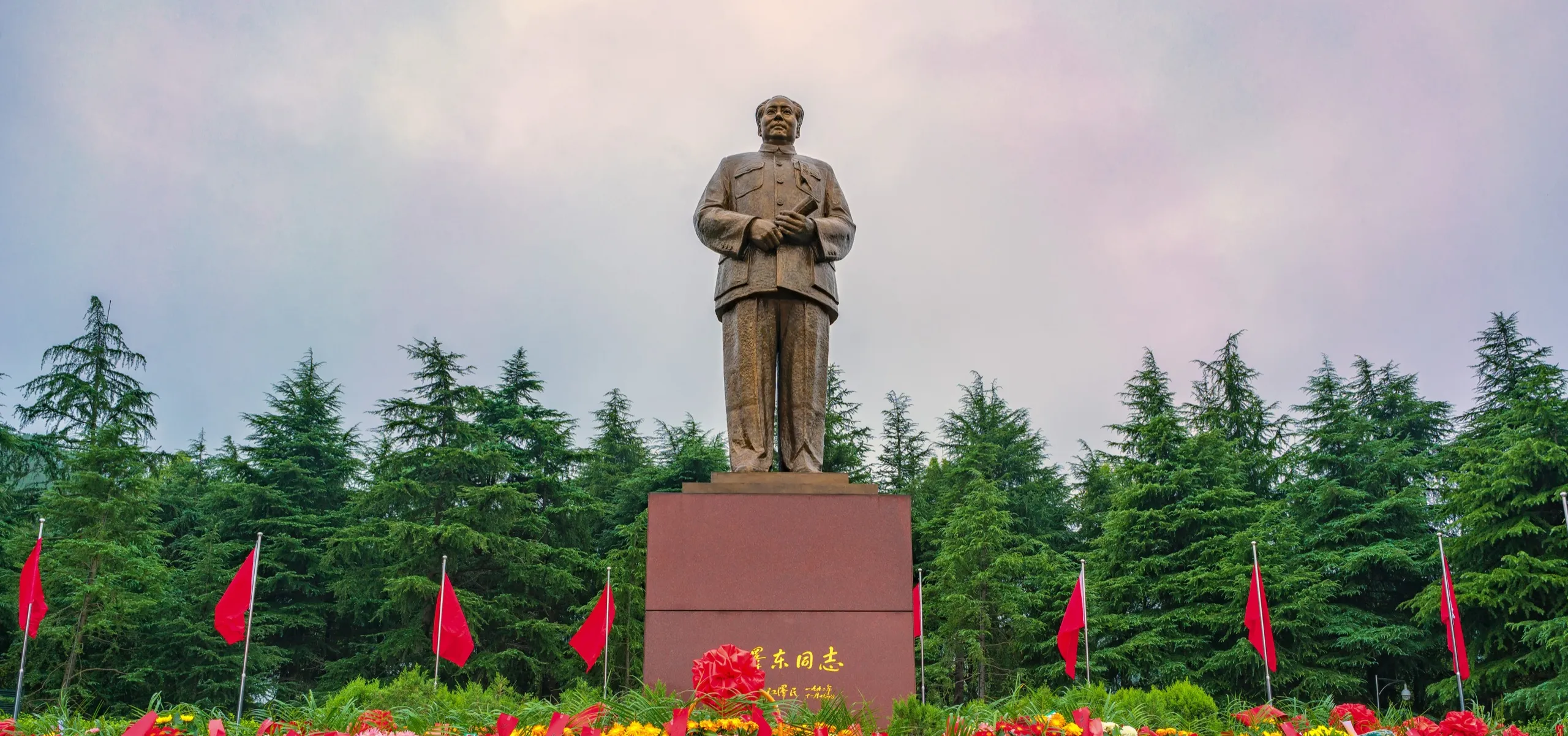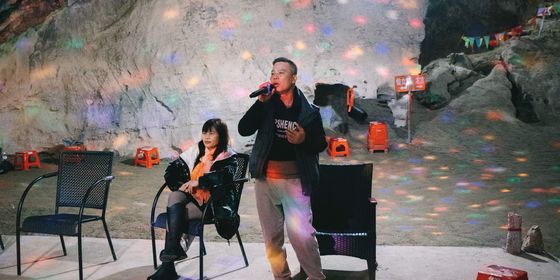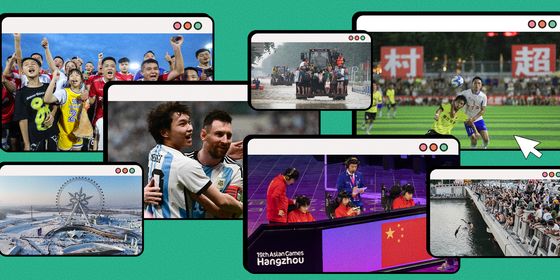Shaoshan, Chairman Mao’s birthplace in Hunan province, has become a top tourist site where people burn incense to the revolutionary hero while selling T-shirts of his face
Vendors shout the names and prices of trinkets they are selling, tour guides take bourgeois families enjoying unproductive leisure time through attractions, and vendors charge upwards of 5 yuan for a bottle of water in the scorching mid-July heat of Hunan.
It’s not exactly what one might expect from the home of the Communist Party icon who wanted to wipe capitalism from the face of the earth, but then again, China today isn’t exactly what it looked like in Chairman Mao’s day. Shaoshan (韶山), the hometown of the founder of the People’s Republic, is an apt metaphor for modern-day China: Merchants shouting unrestrained sales pitches laud the quality of overpriced communist-themed memorabilia, and business people make offerings to the god of the red sun.
Like many other international visitors to Shaoshan, I declined my first opportunity to visit because I didn’t really want to see a patriotic tourism destination brimming, I imagined, with extreme ardor and zealotry. A classmate of mine, Tan Chao, recommended Shaoshan to me as well as another city, Zhuzhou (株洲), a place I would return to several times. Her family owns and operates about a dozen hotels in the area south of Changsha, and this year Chao was in charge of launching the Love Hotel, with themed rooms based on love stories.
While in Zhuzhou with Chao, boredom got the better of us, so we decided to go off to Shaoshan about two hours to the west. By the time we got there, Mao’s ancestral home and museum were closed, but there were still a lot of people in Mao Zedong Bronze Statue Square admiring the statue of the nation’s founder, taking photos, and praying.
Visitors stand in front of the 10-meter-tall (a four-meter base and a six-meter figure) statue, located up two short staircases in front of a display of 15 Chinese flags, and bow their heads. Some walk around it three times. In the throngs of visitors, commotion breaks out as a tour guide berates customers chattering in front of Mao.













